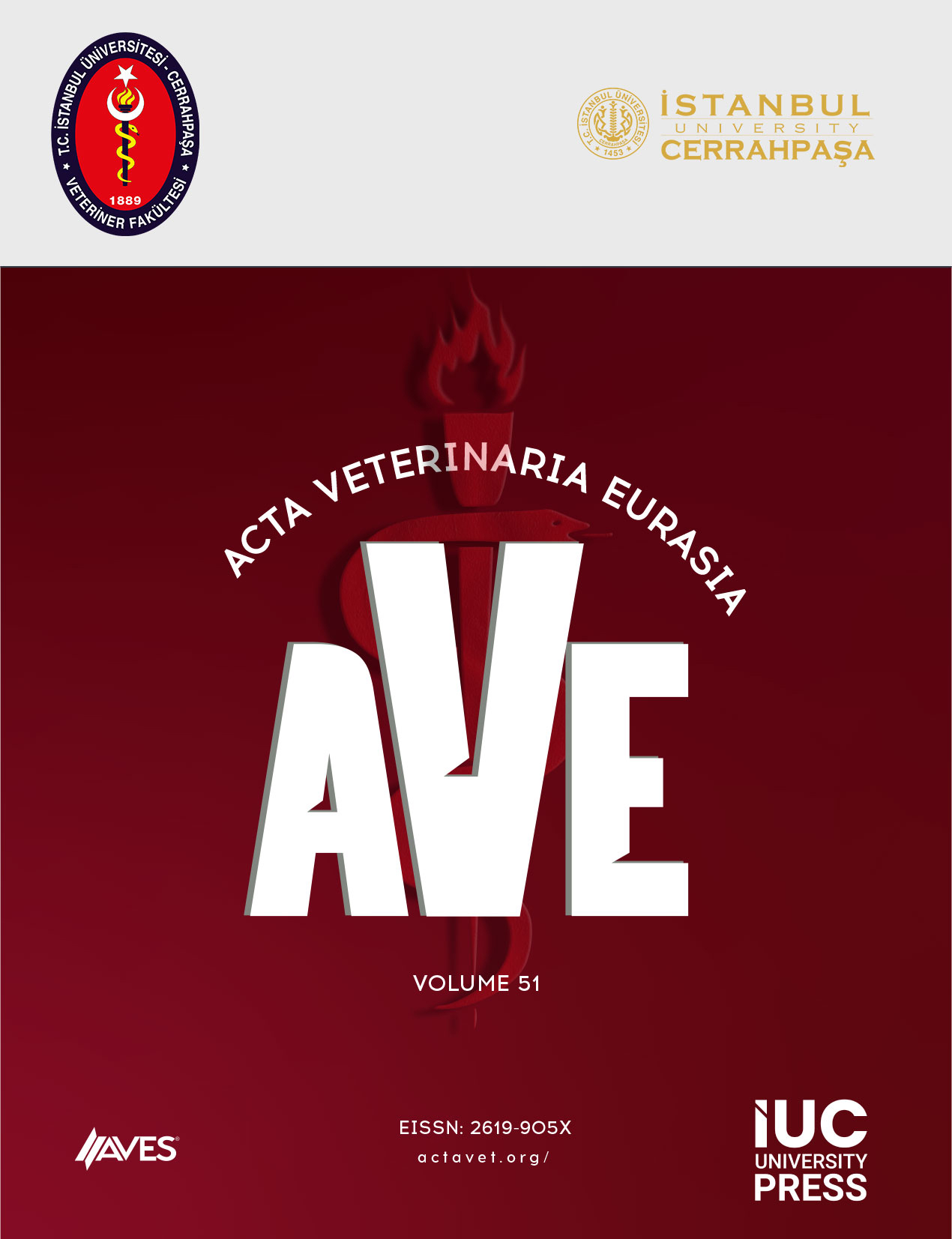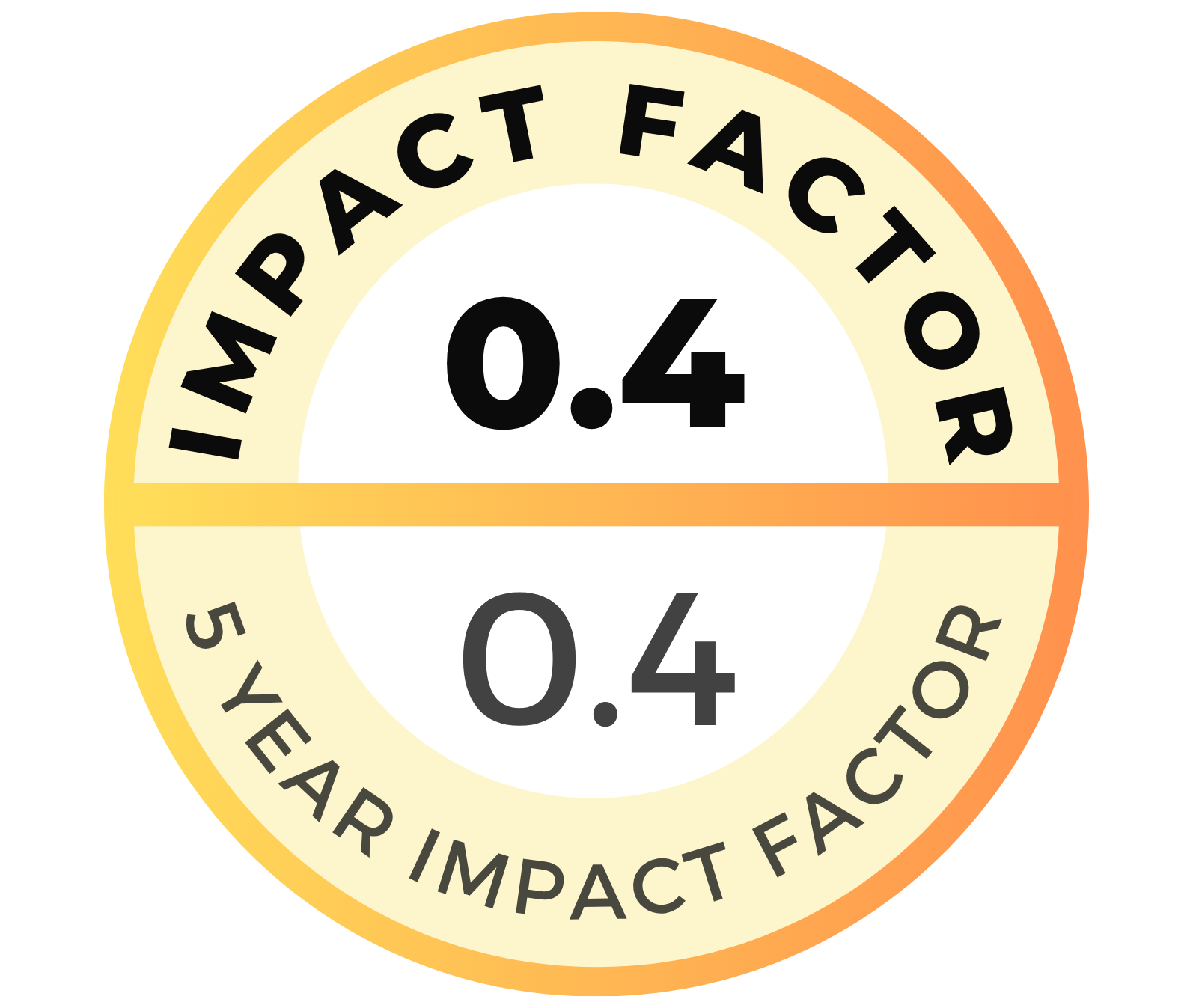Fascioliasis is one of the most important zoonosis with worldwide distribution, which causes great losses in livestock production. Serological methods are used for early detection of disease. The current investigation undertook to challenge dot-ELISA and ELISA techniques in diagnosing of Fasciola hepatica in sheep using excretorysecretory (E/S) antigen to select the most appropriate method. The serum samples (n=281) were collected from 50 cases of fascioliasis, 81 animals with parasitic diseases other than fascioliasis, and 150 healthy control cases. The E/S antigen used was obtained from infected livers (F. hepatica) of sheep slaughtered in Hamedan industrial abattoir (Iran). The result of dot-ELISA showed 100% sensitivity and 92.2% specificity. Also, positive and negative predictive values, and accuracy of assay were 73.52%, 100% and 93.59%, respectively. In the case of ELISA, the results were as follows: 98% sensitivity, 100% specificity, 100% positive predictive values, 99.56% negative predictive values, and 99.64% accuracy of assay. In both techniques, cross reaction with fascioliasis was not observed. In conclusion, although these two tests had very similar results, dot-ELISA was more acceptable with respect to its higher sensitivity, simplicity in practice and cheaper than ELISA. Therefore, dot-ELISA can be recommended as a routine test in paraclinical laboratories and epidemiological studies.





.png)